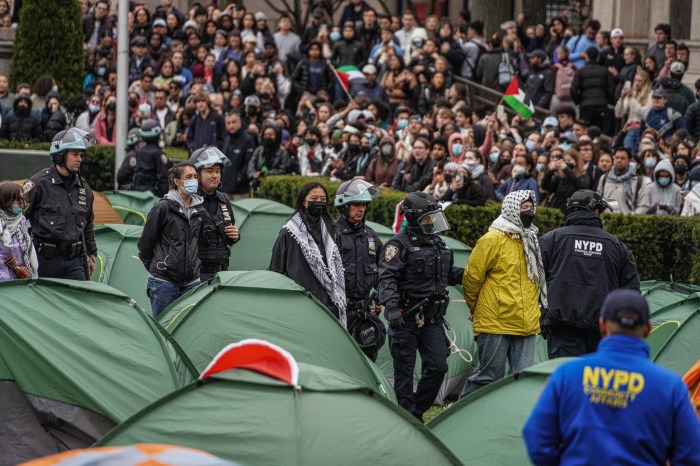Assemblymember Rory Lancman outlined a comprehensive plan he designed to combat overdevelopment and said he would push the bill at a federal level if elected to Congress.
The four-part Homes and Essential Landmarks Preservation (HELP) Act — introduced by Lancman, who is running for Congress in the 6th District — focuses on extending tax credits to some homeowners and restricting the credits when violations are incurred, expanding the federal landmarking law and ensuring enforcement of zoning laws.
“Anyone who comes here to buy a home to live in and raise their family — they’re not just buying that home. They’re buying the neighborhood. They’re buying the way the neighborhood looks. They’re buying the way the neighborhood feels, and it is really a very tragic situation when a neighborhood’s fundamental character and feel changes because of overdevelopment,” Lancman said at the May 18 press conference held at Bowne Park.
More than one third of Queens has been rezoned since 2002 to protect the character of its residential neighborhoods, Lancman said, and R2A and R1-2A low-density zones have been created to thwart the growth of “McMansions.” Still, the assemblymember said overdevelopment remains a persistent problem in the borough.
He said increasing population density in already heavily congested areas leads to even more overcrowding in schools and roads, limits parking spaces and strains sewer systems.
The city government’s “lax approach” to enforcing zoning and building laws and collecting penalties from violations and other illegal activity, Lancman said, demands “a federal solution” to the problem.
The current tax code, Lancman said, allows both homeowners and businesses to quality for a host of deductions. If his legislation is federally introduced and passed, he said it would prohibit any homeowner or business from obtaining these tax credits if they are in violation of city zoning or building ordinances.
The bill would also extend tax incentives for rehabilitating non-income producing residential buildings that are listed on the National Historic Register, since only commercial and income-producing properties are currently eligible for the 20 percent tax credit.
Lancman said he hopes this will motivate homeowners to rehabilitate their homes instead of selling them to a developer “who would otherwise demolish them.” The provision, he said, would help preserve neighborhoods like Broadway-Flushing and Parkway Village, both listed on the National Register.
Lancman said the HELP Act would also address the city’s “dismal record” in collecting zoning and building violation fines by linking federal Housing and Urban Development funding to the city’s ability to collect fees.
Under the bill, the Religious Land Use and Institutionalized Personas Act (RLUIPA) would also be clarified to ensure that religious institutions do not use it as a shield to ignore zoning regulations. Lancman said RLUIPA has allowed excessive zoning exemptions for religious institutions, including seven in Queens since 2006.



































